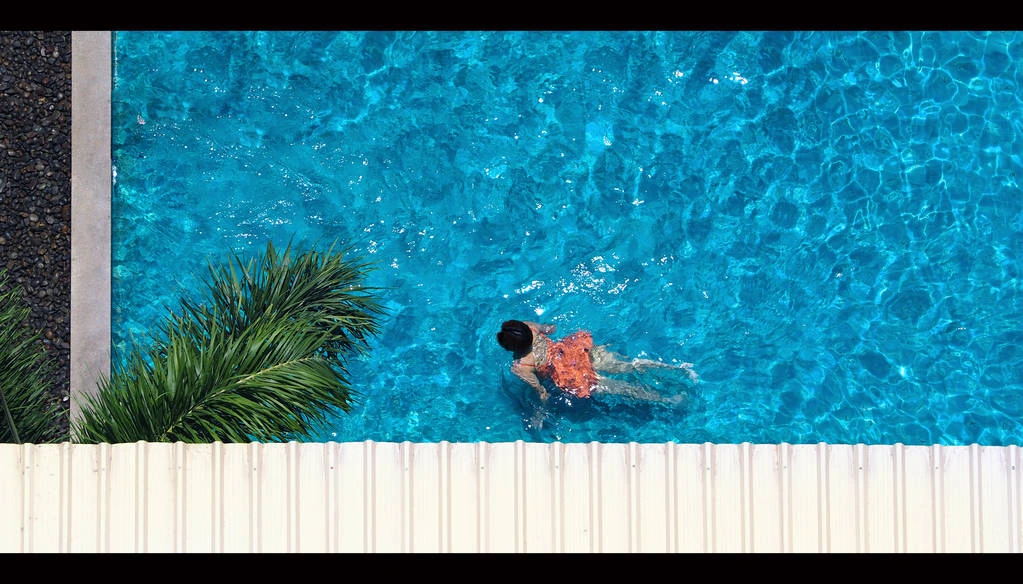If you own a swimming pool or are thinking about installing one, you’ve likely come across the term “pool pump.” A swimming pool pump is one of the most important components of your pool system, often referred to as the “heart” of the pool. But what exactly does it do, and why is it so important for your pool’s overall health? This post will explain how a pool pump works, why it’s essential, and what factors to consider when choosing the right pump for your pool.
Understanding how a pool pump functions is crucial for effective pool maintenance. By appreciating its role in keeping your pool clean, you’ll better understand the importance of maintaining a functional and efficient pump system.
How Does a Pool Pump Work?
A pool pump’s primary function is to keep the pool water circulating. It pulls water from the pool, passes it through a filtration system to remove dirt, debris, and other contaminants, and then returns the clean water into the pool. Here’s how it works step by step:
- Intake: The pool pump starts by drawing water from the pool. This water is taken through skimmers and main drains that are strategically placed to capture water from the surface and deeper areas. The water at this stage typically contains dirt, leaves, and debris.
- Filtration: After being drawn into the pump, the water is sent through a filter, where contaminants like dirt, leaves, and even small particles that may not be visible to the naked eye are trapped. Filters vary, but they generally consist of fine mesh or cartridge systems that effectively clean the water.
- Circulation: Once filtered, the clean water is pushed back into the pool via return jets, ensuring that the water circulates evenly throughout the pool. This consistent circulation helps prevent stagnant water, which can be a breeding ground for harmful bacteria and algae.
Why Is a Pool Pump Important?
| Function | Description |
|---|---|
| Maintains Clean Water | The pool pump continuously circulates and filters the water, removing dirt, leaves, and debris. Without it, your pool would quickly become dirty and unhygienic. |
| Prevents Algae Growth | Stagnant water encourages algae growth. A running pump keeps water moving, making it harder for algae to develop and cause discoloration or slimy buildup. |
| Distributes Chemicals Evenly | The pump ensures chlorine and other chemicals are spread evenly, maintaining a safe and balanced swimming environment. |
Choosing the Right Pool Pump

Selecting the right pool pump is critical for optimal pool performance. When choosing a pump, several factors should be considered, including the size of your pool, the type of filtration system, and your specific needs. Here are a few key factors to consider:
- Pool Size: The size of your pool will determine the power needed from the pump. A larger pool requires a pump that can handle more water flow. If the pump is too small for the pool, it won’t circulate the water efficiently, leading to poor filtration and potential water quality issues.
- Energy Efficiency: Pool pumps come in various models, including single-speed, dual-speed, and variable-speed pumps. Choosing an energy-efficient pump can reduce your long-term costs and minimise your pool’s environmental impact.
- Noise Levels: If you value peace, consider the noise level of the pump. Some pumps operate quietly, while others can produce a lot of noise. For residential areas where noise is a concern, selecting a quieter model may improve the pool experience for you and your neighbours.
The Importance of Pool Design for Proper Pump Installation
While choosing the right pool pump is essential, the design of your pool also plays a significant role in how well the pump works. The shape, size, and layout of the pool can affect water circulation and, consequently, the efficiency of the pump system. A well-designed pool by pool builders in Ballarat ensures that water flows evenly and efficiently throughout the entire pool. When designing a pool, it’s important to incorporate features that promote effective water flow, ensuring that the pump can operate at its best. Proper placement ensures that the pump can draw in water from all areas of the pool, preventing debris from accumulating in certain spots.
Conclusion
The pool pump is an essential equipment that plays a crucial role in maintaining clean, healthy pool water. When selecting a pool pump, consider factors such as pool size, filtration type, and energy efficiency. Proper pool design is crucial for ensuring the pump operates efficiently. Whether you’re maintaining an existing pool or designing a new one, understanding the importance of the pool pump and the role of pool design will help you create the best possible swimming experience.

